Nintendo Responds To Accusations Of Hindering Unionization Efforts In Labor Complaint, Kotaku Runs Piece Attacking Nintendo’s Workplace Practices
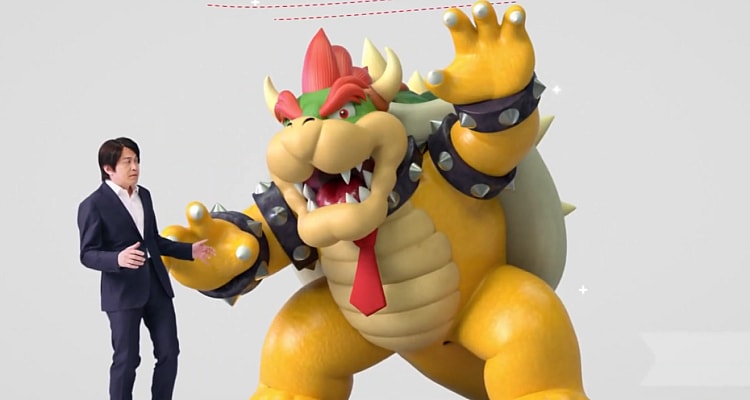
Allegations of Nintendo of America hindering unionization efforts have come to light, after a labor complaint was filed, and staff spoke out.

RELATED: Alleged Leaks Reveal Game Boy And Game Boy Advance Games Coming To Nintendo Switch Online
A complaint to the National Labor Relations Board was filed against Nintendo and staffing and recruitment agency Aston Carter, on April 15th.
Therein, Nintendo is accused of firing an employee or employees who had joined or supported a labor organization, thereby discouraging union activities.
One of the charges reads, “Within the previous six months, the Employer discharged an employee(s) because the employee(s) joined or supported a labor organization and in order to discourage union activities and/or membership.”
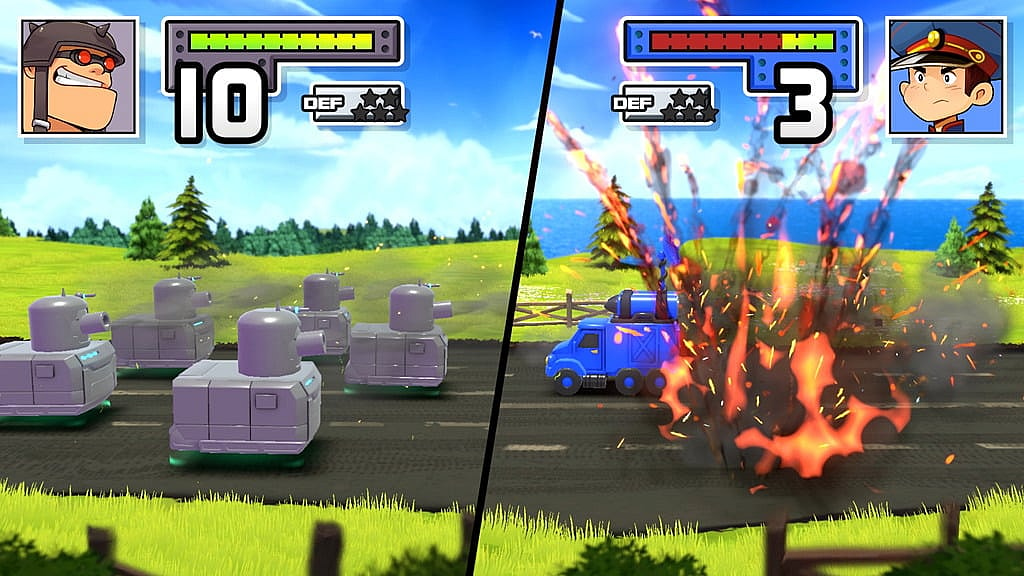
They’re also accused of firing those who had discussed their wages or terms of employment (discouraging “engaging in protected concerted activities”), and surveillance on employee’s union activities.
The charge specifically states, “Within the previous six months, the Employer discharged an employee(s) because the employee(s) engaged in protected concerted activities by, inter alia, discussing wages and/or other terms and conditions of employment and in order to discourage employees from engaging in protected concerted activities.”
A third charge states, “Within the previous six-months, the Employer has interfered with, restrained, and coerced its employees in the exercise of rights protected by Section 7 of the Act by engaging in surveillance or creating impression of surveillance of employees’ union activities.”
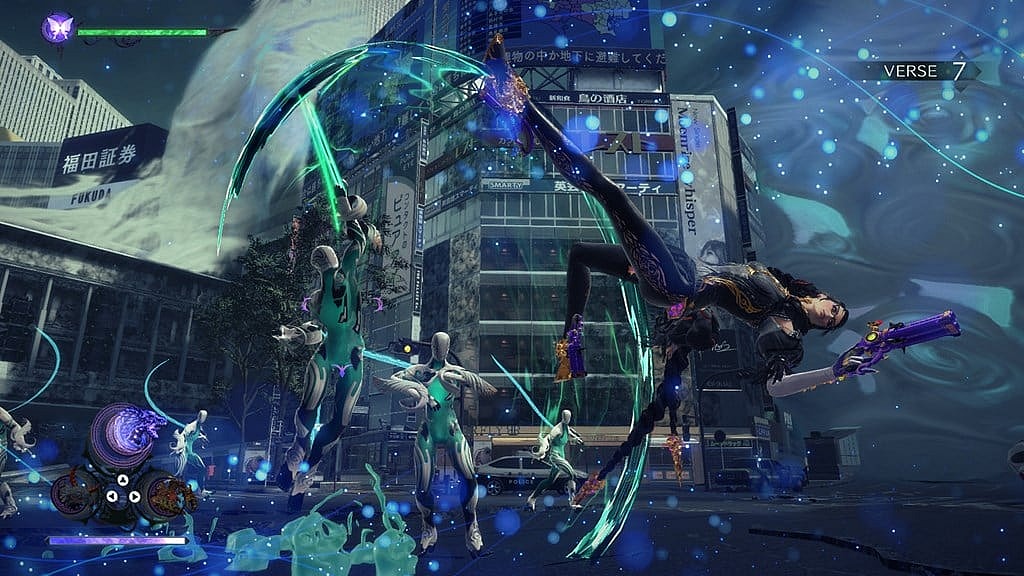
RELATED: Xenoblade Chronicles 3 Release Date Moved Up Two Months As Revealed In New Gameplay Trailer
On April 21st, Nintendo of America provided a statement to GamesIndustry.biz, responding to the complaint, “We are aware of the claim, which was filed with the National Labor Relations Board by a contractor who was previously terminated for the disclosure of confidential information and for no other reason.”
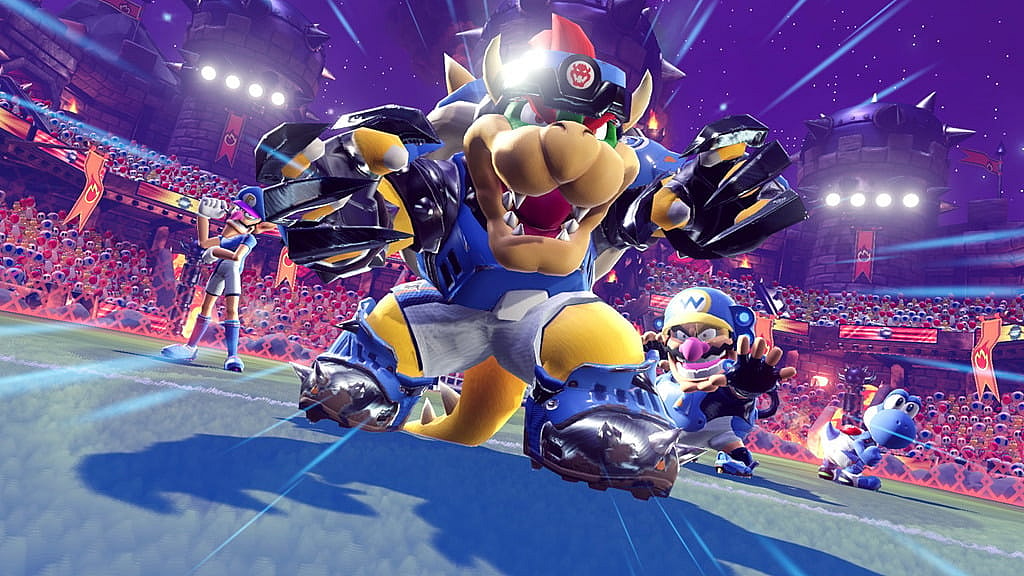
“Nintendo is not aware of any attempts to unionize or related activity,” the statement continued, “and intends to cooperate with the investigation conducted by the NLRB.”
“Nintendo is fully committed to providing a welcoming and supportive work environment for all our employees and contractors. We take matters of employment very seriously,” the statement concluded.

RELATED: Bandai Namco Job Listings Reveal Studio Working On HD Remaster Of A Nintendo 3D Action Game
24 hours later, Kotaku published claims from four sources who allegedly witnessed the inciting incident, along with ten former and current Nintendo employees.
Allegedly, a part-time employee had requested comments and discussion regarding unionization of the games industry during a Q&A session at the end of a February business meeting.

The topic was likely to be relevant, as we recently saw unionizing QA testers at Raven Software demanding recognition by Activision, and Activision Blizzard declining to voluntarily recognize the Game Workers Alliance.
Vodeo Games also became the first North American game developer to unionize late last year.
Paradox Interactive announced they signed collective bargaining agreements with unions in 2020, while former Blizzard Entertainment developer and founder of Undead Labs Jeff Strain called for the unionization of the entire industry in 2021 after lawsuits against Activision Blizzard came to light.
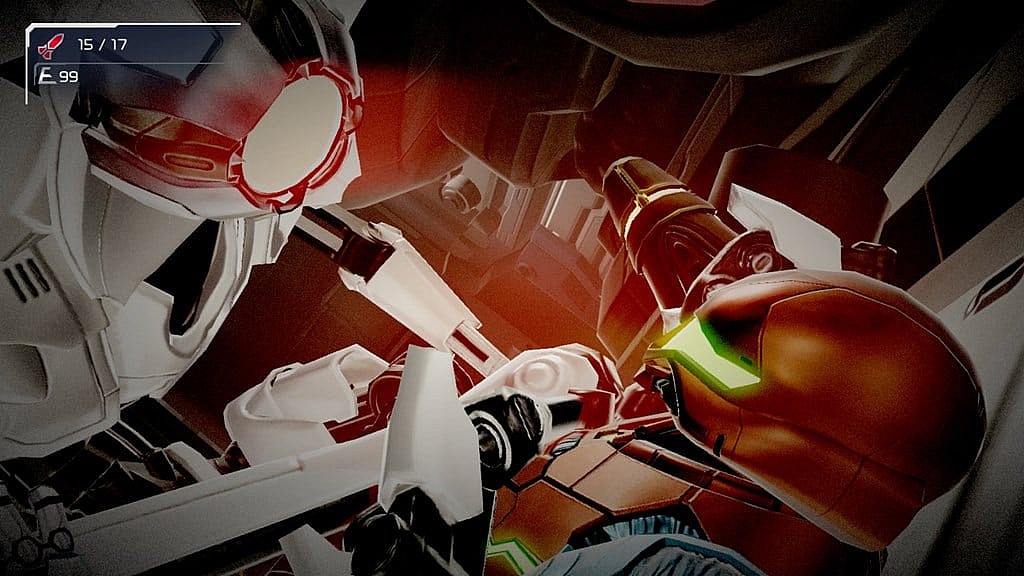
Regardless, Kotaku reports the employee was fired shortly thereafter for allegedly violating their NDA, due to social media post.
Kotaku’s sources said they believed not only was the post vague, but similar incidents had been met with warnings rather than a firing. Hence, these supposed sources believe this was an excuse to fire the employee for discussing unions.
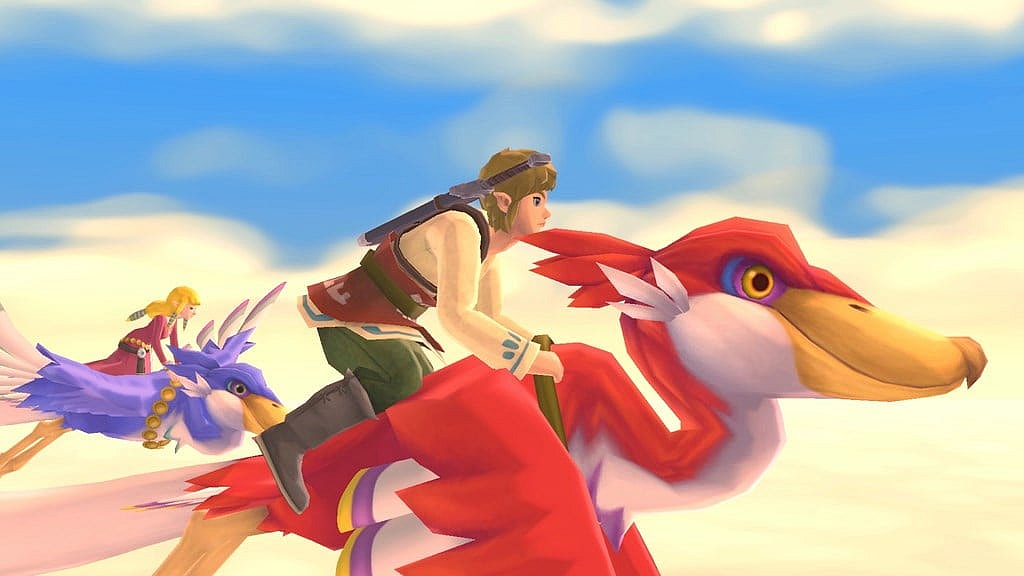
Employees speaking to Kotaku — seemingly testers and customer service personnel — also claimed part-time employees were treated as second class, and full-time employees fared little better.
This second class status that Kotaku describes involves the workers getting 11 month contracts with mandatory two-month breaks between or longer.
These contract workers also allegedly do not participate in Nintendo’s health plan, lack opportunities for promotion into full-time employees, and garner little recognition for their efforts publicly or internally. Testers allegedly earn a minimum of $16 an hour, with only a “handful” making over $20 an hour.

Five year Nintendo employee Jelena Džamonja claimed that while she gained management responsibilities, such as leading and training other testers, she was still deemed a part-time worker.
As such, Džamonja felt she was kept away from working with full-time employees, dubbed “red badges” internally, despite doing the same work and was contributing just as much.

“There are a lot of talented people who find the biggest, s——-t bugs that would make players freak out,” Džamonja claimed. “They find them, report them, and then don’t get credited. […] It hurts your pride because you do contribute to these games and the quality and reasons why players keep coming back.”
Džamonja further recalls an incident in early 2020, after slipping and hitting her head on the way to work. She began to struggle reading, but Nintendo’s onsite clinic supposedly turned her away for not being a full-time employee, and therefore not having Nintendo’s health insurance plan.
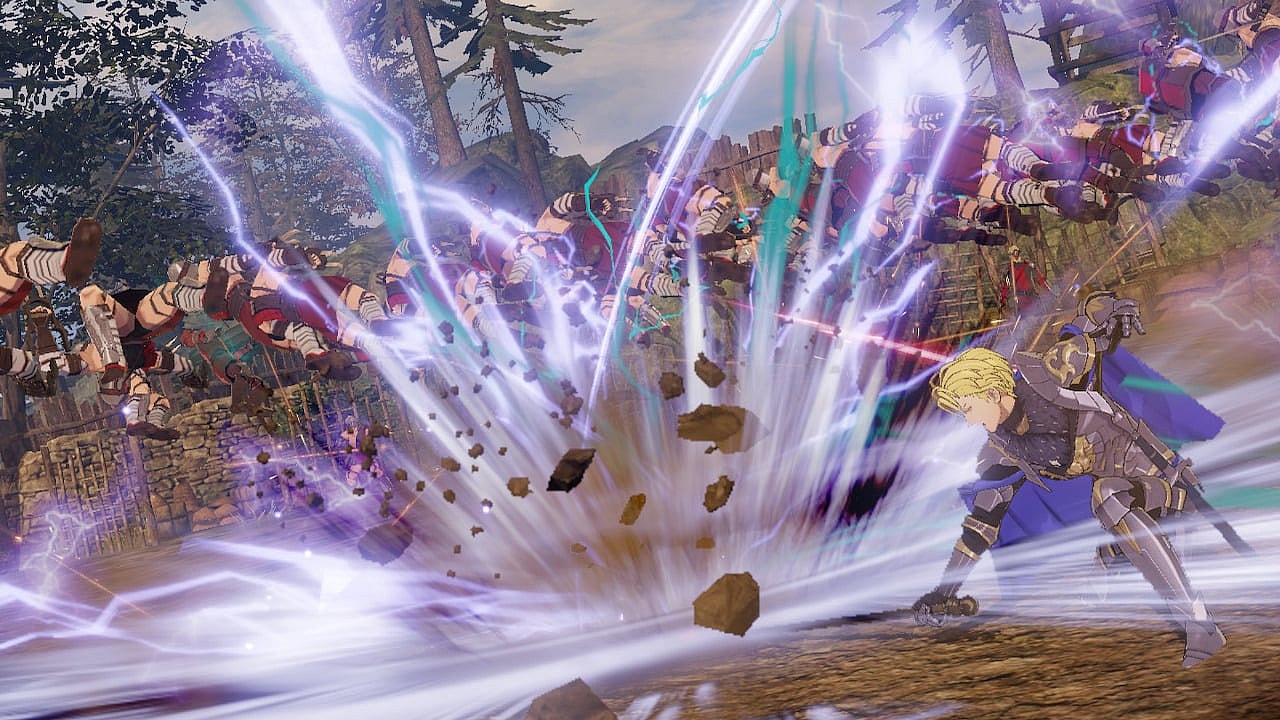
RELATED: Nintendo Indefinitely Delays Advance Wars 1+2: Re-Boot Camp Due To “Recent World Events”
Even asking a coworker to drive her to a hospital was allegedly hindered, being told it was against company policy for the coworker (a full-time employee) to drive her (a part-time employee of Parker Staffing) off-site.
“By this time I was full on crying,” Džamonja explained, adding that she eventually called an Uber. “They want to control you like you’re full-time, but not treat you like a full-time worker.”
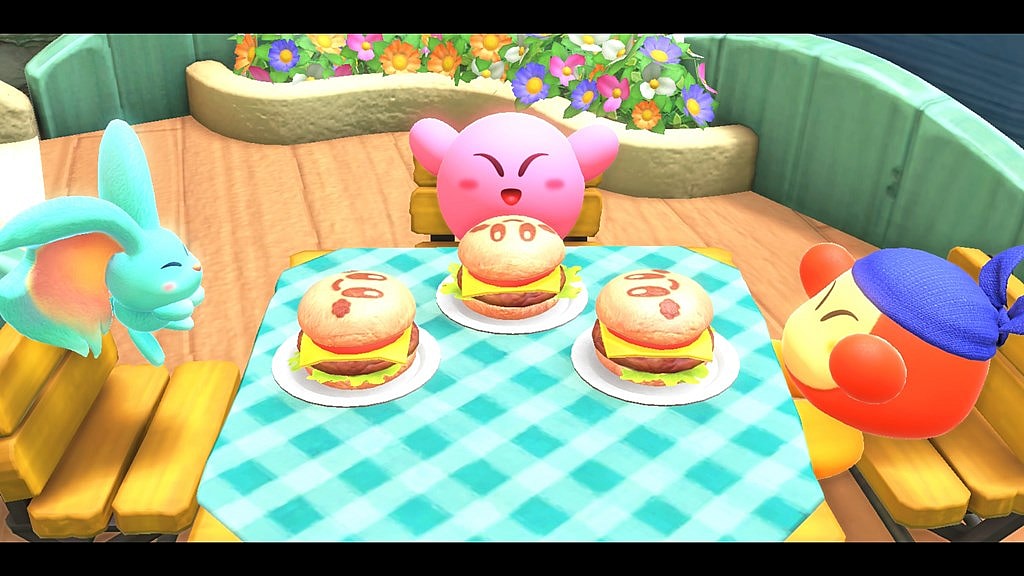
This also included allegations of part-time employees being expected to output as much as full-time employees, and sign up for overtime as projects approached deadlines. While part-timers could eat at the “Mario cafe,” they are discouraged from loitering in the main building.
To prevent leaks, part-time employees must also allegedly be accompanied by a full-time employee to many parts of the Redmond, Washington HQ. Supposedly, they cannot bring their families to tour the HQ’s Nintendo museum either.
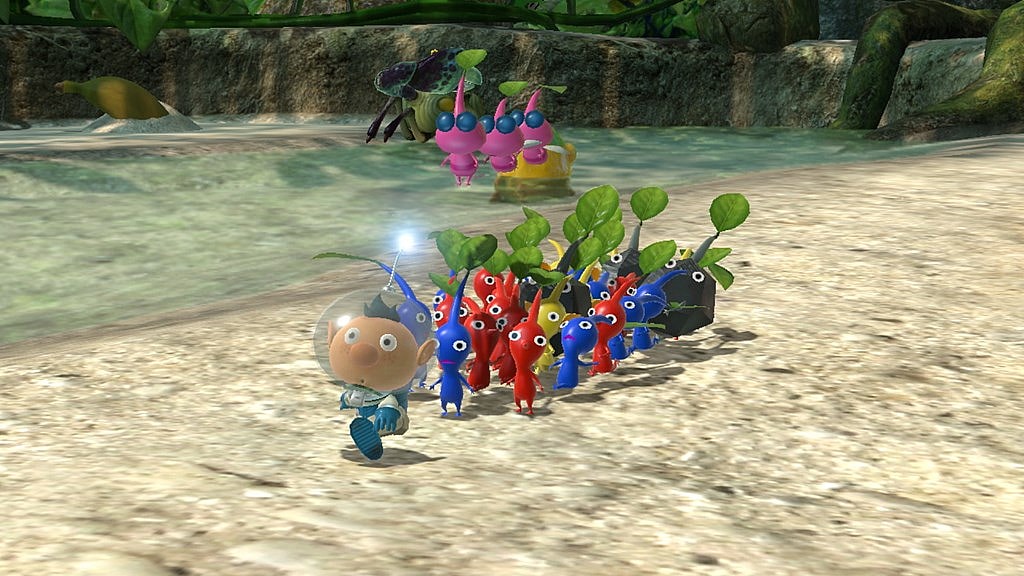
“You can work next to someone side-by-side for 20 years and not get invited to the [company] cookout,” Džamonja claimed. Those comments were echoed by another contracted employee. “It’s b——t. The idea of being hired full-time is like a carrot on a stick to keep you dealing with the [mistreatment].”
One former employee claimed while she worked at Nintendo’s customer service for ten years, only taking one year off, she was never promoted to full-time. She claimed how it was “easier to fire them [part-time employees] in a quickly changing environment.”
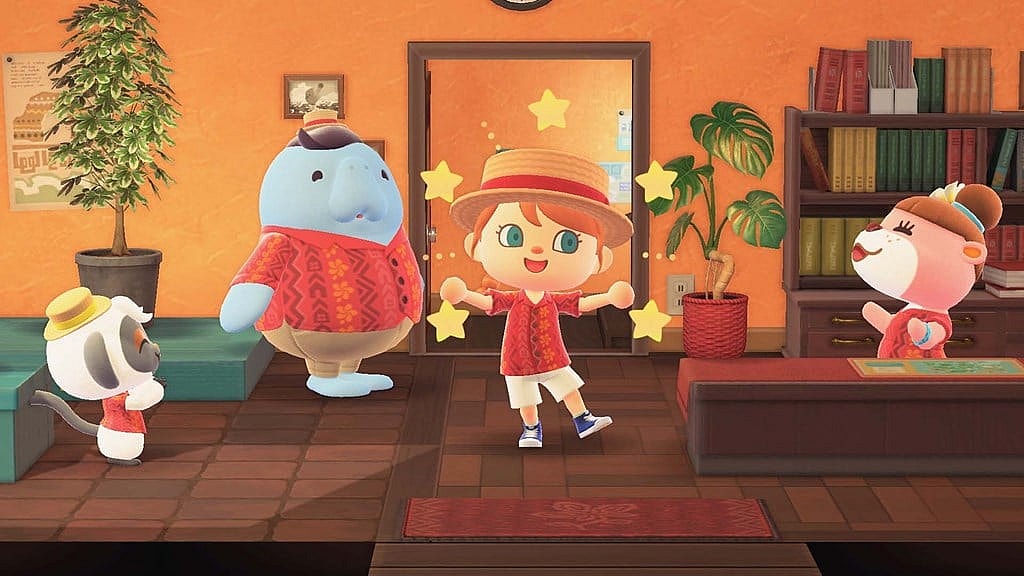
The former employee accused Nintendo of America of using these tactics so they don’t “need to pay as many benefits, lower wages. And their long term employees (not just myself, but many of us) were strung along with the enticement of full time employment… they’d keep moving the goalposts to full-time employment there.”
Those who did get promoted to full-time allegedly didn’t even have a large increase in pay, and felt (in Kotaku’s words) “local rivals” offered better.

RELATED: Pokémon Scarlet And Violet Announced, Here’s What We Could Expect
“Full-time pay is of course better, but still not great by industry standards;” a full-time employee claimed, “it’s almost as though they want to compensate us with ‘the privilege of working for Nintendo.'”
Another proposed, “Absolutely they have the ability to pay properly.”

In addition, employees are confused with who to voice their concerns to- such as their agencies, VP of operations Don James, or even to Nintendo of America President Doug Bowser.
Several full-time employees claimed it was unknown if Nintendo of America needed permission from their Japanese parent company in order to improve conditions. One claimed attempts to reject overtime and other high expectations were difficult as “our Japanese counterparts would do more so we have to match what they’d do.”

Both current and former employees also stated they felt merely discussing working conditions would get them into trouble, and not just temporary employees either.
One current contract employee alleged, “There’s definitely a fear of talking about these things with the red badges.” Another full-time employee also stated, “The general feeling is that you will be punished for being outspoken at every level.”

“They knew they could get rid of troublemakers because there’s a line out the door of people wanting to get hired there,” employee “Jenn” claimed. She further alleged a “culture shift” in 2015 — another source claiming was amid the Wii U’s underperformance — resulted in management focusing on performance metrics, such as call wait times and attendance.
One source claimed that both projects and teams including their own were reduced by an unspecified amount in 2015, along with an overhaul in project allocation to contracted workers.

RELATED: Pokémon Legends: Arceus Review: What’s Old Is New Again
Those speaking out were allegedly given warnings. Džamonja claimed one such example from a 2021 meeting, where her director discussed the alleged rise in Asian hate crimes in the US, and Nintendo’s own internal statement condemning them.
During the Q&A, Džamonja shared she was volunteering at a Seattle neighborhood watch group, and asked if others wanted to learn more. The next day, Džamonja claims her manager had told her agency representative he was unhappy with her comments.

The representative allegedly reprimanded Džamonja on the manager’s behalf for going off-topic to promote that volunteer group. Džamonja felt the micro-management from Nintendo management resulted in comments to agencies being misinterpreted, and then beaten over workers’ heads.
In addition, others felt incidents such as this could harm their already slim chances of promotion, or even result in termination.

Two-time contracted tester Elisabeth Pring stated that she was outspoken regarding alleged issues she had, which she felt made her a target. This April, a director stated he would be working remotely for health reasons in a meeting.
Being immunocompromised, Pring asked why contract workers weren’t given the same option of remote working as the director. After this meeting, Pring claims she was told off for not using “proper channels” to voice complaints.

Pring had allegedly been taken aside for such warnings three times, and was let go on the 15th along with five others during a conference call with their Aston Carter representative and Nintendo managers.
Pring claims she received no prior indication she was being fired when the meeting was scheduled on the 11th, and she let those on the call know expressing her frustration. After the meeting, her representative scolded her for voicing complaints in an open forum instead of an appropriate supervisor, despite already being fired.
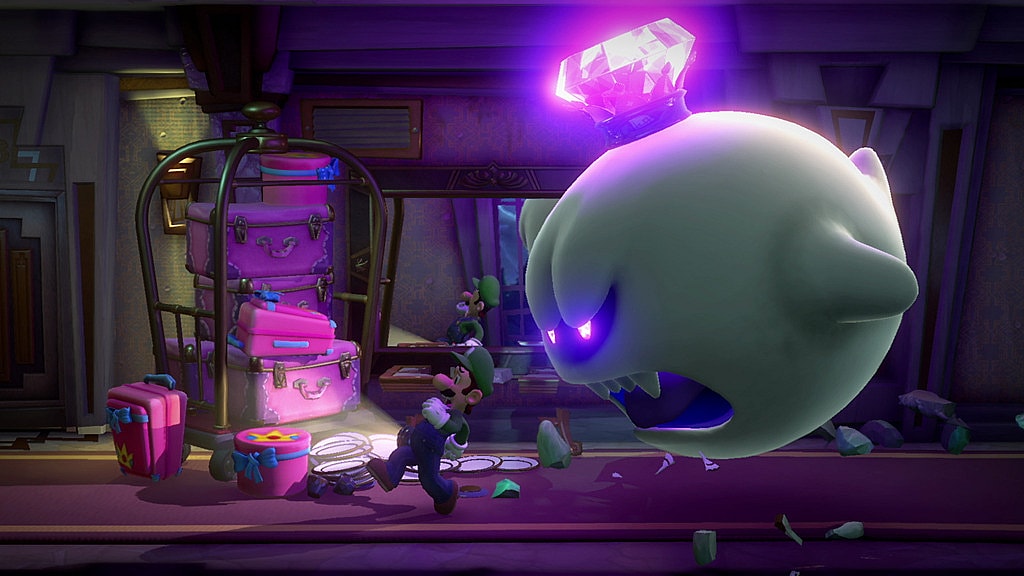
“I was f—–g pissed,” Pring recalled. “You need to go after what you want in this industry because they will never just give it to you. I love games and someone needs to change this industry.”
Kotaku concluded with Džamonja’s comments on how staff are waiting to see if Nintendo of America will change amid these complaints. “The air in the office is tense right now. They’re afraid to talk about this.”
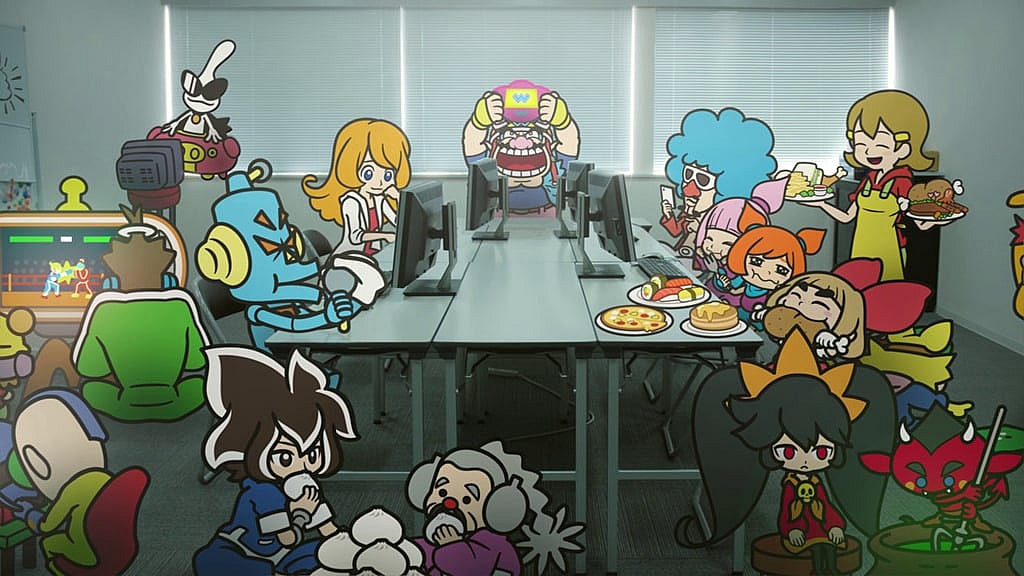
What do you think? Let us know on social media and in the comments below.
NEXT: Nintendo Switch Release Of 13: Sentinels: Aegis Rim Keeps “Non-Binary” Localization Changes
